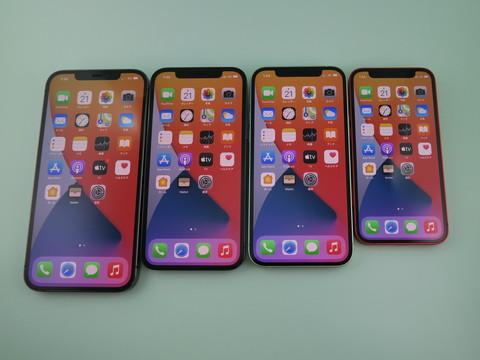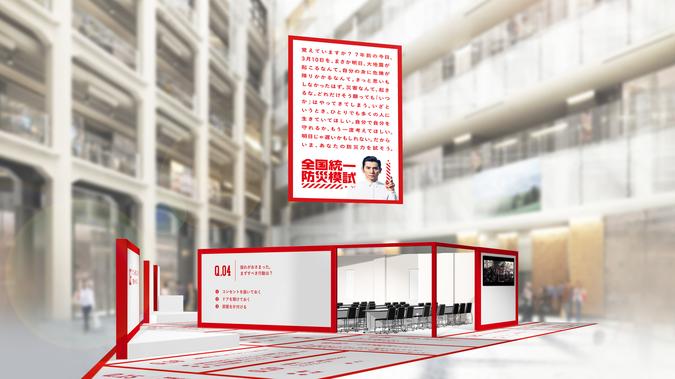What about Huawei's own OS development?Deep Chinese sanctions that engineers read
The ripples of Huawei shock are spreading.
The US government has announced sanctions against Huawei, a major Chinese telecommunications equipment and handset. Trading with Huawei is banned from US companies, and if companies in other countries are also using US technology, trading with Huawei is banned. Softbank and au have postponed the release of Huawei's new smartphone, and NTT DoCoMo has also canceled reservations, and the impact is spreading.
What impact will US sanctions have? Various information such as "Huawei's smartphone will not be able to update the OS" and "Huawei will not be able to make products because it can not purchase semiconductors" is flying around, but at the moment it is not possible to grasp the whole picture. How true are the rumors? What is the impact on Japanese consumers? We spoke with Sho Sawada, director of the Internet Plus Research Institute, who analyzes Huawei problems from an engineer's point of view.
-It is reported that due to regulations, Huawei's smartphones owned by Japanese consumers will not be able to update Android, which is the OS, and Huawei's own OS will be used.
It's a bit of a hassle, but first you need to understand what Android is like. Android itself is an open source program that anyone can use under a license. Android smartphones from various companies are customized versions of this open source OS.
Open source androids are not sold by Google, so Huawei can continue to use them after the sanctions are enforced. Huawei will probably build its own operating system, not from scratch, but based on open source android.
――So, can you still use Android?
It's a complicated story from here, but in fact, apart from Android, there is a series of software called Google Mobile Suite (GMS) that uses services provided by Google such as Gmail and Google Play store. Almost 100% of Android smartphones sold in Japan are sold with this GMS installed. It's not open source, it's provided by a contract with Google. It's still unclear if GMS is subject to sanctions, but if it does, Huawei's smartphones may not be able to bundle Google-related apps.
In addition, apps other than Google, such as LINE, Facebook, and Twitter, are also created on the assumption that GMS is installed on smartphones. LINE will notify you when there is a new message through Google's infrastructure, and apps such as Airbnb and Uber will display a Google map. These are the features provided by GMS. If you don't have a GMS on your Huawei device, these apps will not work properly unless you have another means of notification or a map.
――If GMS is omitted from Huawei smartphones in the future, it will be a mobile phone that is not easy for consumers to use.
I can't say that. For example, the Kindle Fire tablet sold by Amazon does not have a GMS contract. So it doesn't include Google Play, but instead has another appstore called the Amazon Appstore. With Huawei, it is possible to make Android smartphones and tablets that do not depend on GMS like Kindle Fire.

Also, if there are many users of Huawei smartphones, Google will not be able to ignore them. Distributing the app directly to users rather than providing it through Huawei does not fall under the current export restrictions. I think that apps such as Gmail and Google Maps will be distributed directly by Google. In the Chinese market where GMS is not actually introduced, the "Google Translate" app is distributed directly to users. (Google Translate Chinese version official website)
--Bloomberg reports that Huawei was trying to enhance its own app store, App Gallery, in 2018. Is it a move aimed at strengthening the original OS without GMS?
It is certain that we are assuming a situation where GMS is not available. But that is not the case. The US export restrictions do not apply to "software that is publicly distributed and distributed free of charge." GMS and Android OS consist of more than 1000 libraries (parts), and it is not yet clear which parts are subject to restrictions.
However, if it becomes decisive that GMS will not be available, it will strengthen the route of its own OS and its own app store. I think it is a preparation for that. However, for Huawei, that is an option that we want to avoid as much as possible. Huawei's non-CEO Ren Zhengfei also said he would avoid creating his own platform if it could be avoided.
――I want to avoid creating my own platform.
Yes. Most engineers think so. Today's software development community has global ties. Even if the product is made by a Japanese development team, we use many libraries developed by someone in the world. The engineer's idea is to thank others for using what they have made. The so-called "reinventing the wheel", reinventing what is already there, is unwilling to do.
It is a pain for engineers to avoid American technology and replace it with other domestic products to create their own platform. You can't use the time you spend on that task to create something new.
In other words, the US regulation is a violent regulation that ignores the field of software development, and has a serious impact that goes beyond the problem of one company called Huawei.
――What kind of effect is it?
Software engineering has the global characteristic of being able to contribute to projects regardless of nationality or origin. Not limited to Android, engineers from all over the world are collaborating on many projects such as Chromium (the engine part of the chrome browser) and Linux. This global ecosystem is the source of the breakthroughs in software over the last few decades.
However, this regulation will bring borders into the originally open world of software. Relying on software and libraries developed by engineers in other countries will tear the ecosystem when it comes to security.
I hear that decoupling theory (breaking the economic connection between the United States and China) is gaining momentum in the United States. It's a dangerous move that can destroy the ecosystem that has brought affluence to the world.
As an engineer, I am afraid that it is not a problem of one company called Huawei, but a problem that may threaten the shared knowledge and affluence of humankind.

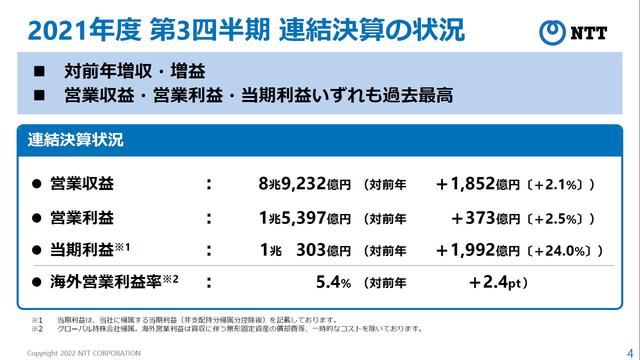


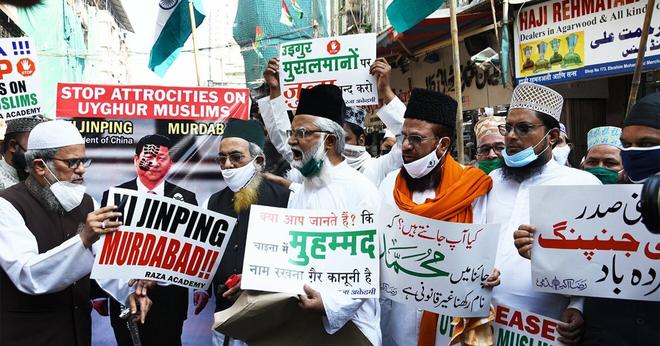
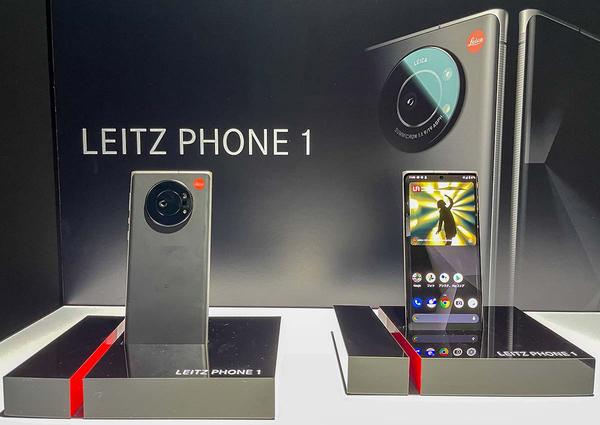
![[July 6 and 7] DX realized by content cloud, advanced platform for business transformation](https://website-google-hk.oss-cn-hongkong.aliyuncs.com/drawing/article_results_9/2022/3/9/6bbafe438d78271513761788166cbf94_0.jpeg)
